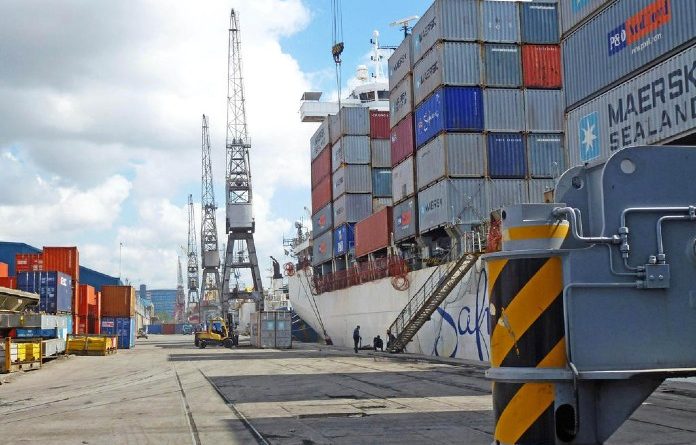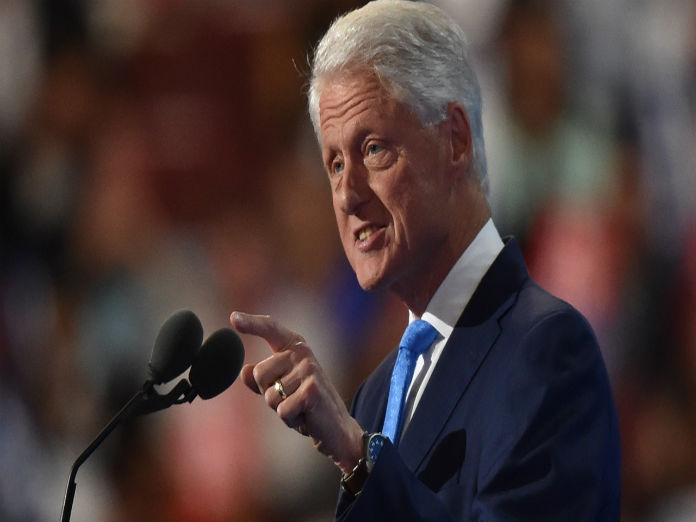Ghana’s Seaports Among Global Best – West Blue CEO
The Chief Executive Officer of West Blue Consulting, Mr. Mark Addo, has stated that the various port reforms rolled out by the IT firm on behalf of the government have made trade operations at Ghana’s ports one of the best globally.
He has, therefore, applauded the roles played by various stakeholders, including the Ghana Revenue Authority (GRA), the Ghana Ports and Harbours Authority and the Ghana Community Network (GCNet) in supporting the firm to roll out the trade facilitation programme that has made the transaction of business at the ports easier.
In a statement issued and copied the Daily Graphic, West Blue said since its arrival in 2015, Ghana’s ports had witnessed improved technology that had made things easier for importers and exporters to do business, thereby increasing government’s revenue substantially.
Achievements
“The company which supported Customs in taking over its core functions from the Destination Inspections Companies (DICs) in 2015, launched the Ghana National Single Window (GNSW) programme in partnership with the Customs Division of the Ghana Revenue Authority and port-related stakeholders. The GNSW built on the ongoing gains of Ghana Community Network GCNET,” the statement said.
Outlining some of the achievements of West Blue, the statement said it was imperative to note that the IT firm launched Ghana’s first-ever Trade Facilitation Strategic Action Plan- Blueprint and Roadmap as well as Ghana’s first Import and Export Process Manual.
That, the statement said, was done in close partnership with GCNeT, private sector trade participants, Customs and its trade regulatory agency partners, and media partners, adding that the arrangement was the basis for all the modules rolled out in the programme.
Single Window Programme
The statement said West Blue was also instrumental in establishing the Legal Framework for a Single Window in Ghana Custom’s Act in 2016 and Ghana’s ratification of the WTO Trade Facilitation Agreement in 2016.
“The Single Window Programme brought a remarkable change to the way import and export clearance transactions were done at Ghana’s land, sea and air ports to the admiration of all stakeholders,” the statement added.
Under the Single Window Programme, the statement explained that West Blue introduced several innovative products to make trade easier and efficient at the ports.
“Among the products the company introduced were the Pre-Arrival Assessment Reporting Systems (PAARS) which helps secure governments agenda in the area of Security, Revenue Mobilisation and Trade Facilitation while ensuring a balance with the view to boost investor confidence,” it said.
Additionally, the statement said through West Blue, Ghana’s Trade Hub (GTH) information portal, with its complementing Mobile App, provided a single platform where all trade-related information was collected and made readily available for local and international investors, thereby saving time and expense for the trading community.
“Under the Single Window Programme, clearance transactions at Ghana’s ports reduced from two weeks to 48 hours and in the case of some compliant cargoes, two hours, significantly improving the government’s revenue collections at the ports,” it said.
Global ranking
With the introduction of the Single Window, the statement said Ghana’s global ranking increased substantially.
For instance, in 2018 the country improved its ranking to 114 out of 190 economies in the World Bank Ease of Doing Business Report, moving up six places from 120 on the league of progressive economies that institute measures to facilitate businesses.
Regarding the paperless port introduced in 2017 by the government, the statement said the Paperless Port contributed further to the ease of doing business at the port by removing trade barriers among other things.
“Under the Paperless Ports Programme, the number of Port inspection agencies were cut from 16 agencies to three (GRA-Customs Division, GSA, FDA) to reduce clearing time,” the statement said.
The Paperless Port Programme also saved Ghana $500 million since its implementation in 2017, as reported by the University of Ghana Business School, and increased government’s revenue by 56 per cent in the first year of its implementation
(Business and Transport)




